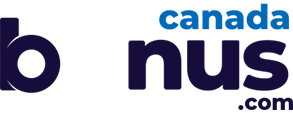Legal Gambling News, Updates, and Analysis
Latest News
Alberta’s River Cree Resort & Casino Expansion Heats Up Competition in Canada’s Land-based Casino Market
December 5, 2025 |River Cree’s major expansion adds new amenities and Top Golf, positioning Alberta as a rising casino and tourism hub.
Alberta’s iGaming Market Is Poised to Surge: Can It Catch Up to Ontario?
November 13, 2025 |How Alberta’s new licensing model, challenges, and player demographics will shape its ability to compete with Ontario’s iGaming industry.
Alberta Players Urged to Stay Alert as Gambling-Related Fraud on the Rise
November 7, 2025 |Online gambling scams are on the rise across Alberta and Canada, including fake casino apps, prepaid cards, and investment schemes.
Canadian Provinces Weigh AGCO Partnerships to Fast-Track iGaming Launch
November 3, 2025 |Alberta’s iGaming Act (Bill 48) could reshape the future of online gaming across Canada by partnering with the AGCO.
Alberta Faces Growing Pressure as Ontario’s iGaming Revenue Soars
October 30, 2025 |As Alberta moves closer to launching its own regulated iGaming market, can it match Ontario’s success or risk falling behind?






